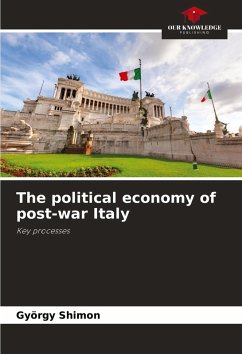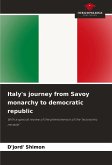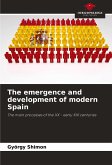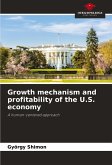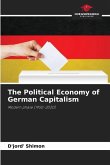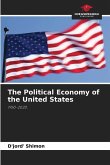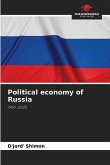In this monograph, Hungarian economist György Szymon Jr. examines the political and economic aspects of the key processes in the development of Italian capitalism after World War II, 1939-1945. The author pays special attention to the evolution of the party-political system, as well as the so-called "Italian miracle" and the reasons for its subsequent decline, and Italy's participation in European integration. The chronological framework of the econometric analysis and the database compiled covers the 70 years between 1950 and 2020. Investigating the growth of the Italian economy from the demand side, the author emphasized the role of investment, foreign trade and exchange rate in it. To analyze supply-side factors, we used an endogenous general Caldorovian growth model with an embedded mechanism of technological progress, taking into account both physical and human capital, as well as time as an event space of creative economic activity. On its basis, the total factor efficiencyis determined in comparison with the world level.
Bitte wählen Sie Ihr Anliegen aus.
Rechnungen
Retourenschein anfordern
Bestellstatus
Storno

